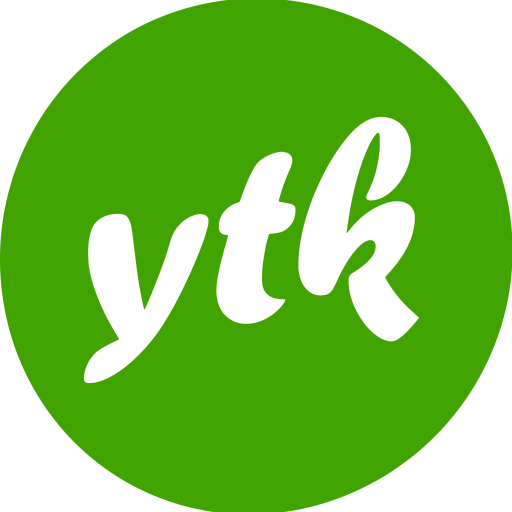Build your competitiveness systematically, and you will succeed in your job search
Blog

Topics
- Competence development
- Job seeking
- Member benefit
Digitalization, market changes, changing recruitment practices, and new ways of working are affecting how jobs are sought and filled.
Networks and channels are essential
In February, Kaukinen Consulting, a management consulting firm, conducted a study on how executives find employment today. The study revealed that the majority of executive positions are found outside of job advertisements. Only 31% find executive positions through open job advertisements. The majority of executive positions are never advertised publicly. Most executive jobs are found “under the counter.”
35 % of respondents found their job through their network, 27 % were headhunted, and 7 % contacted potential employers themselves.
Also, in a survey conducted by the YTK Unemployment Fund, as many as 68 % of respondents said they found their most recent job as a so-called hidden job.
Employers now have a wide range of choices, which makes job hunting more challenging. Because competition for open positions is fierce, employers prefer to use their networks first when looking for suitable candidates and also value initiative on the part of applicants.
Job seekers must do everything they can to stand out from the crowd. Managers looking for a new job must have a clear goal and approach job hunting from a business perspective, i.e., be able to meet the employer’s needs.
Hidden job hunting is about building relationships and sharing expertise both within an organization and across functional, departmental, company, and industry boundaries. Participating in career development events and utilizing LinkedIn are good ways to expand your network and connect with career opportunities. In addition, publishing expert content through various channels can help managers stand out from the crowd and demonstrate their approachability and modernity to potential employers and future colleagues.
When looking for a job, executives who know what kind of role and corporate culture they are looking for and what they have to offer the organization have a competitive advantage. This must be clear throughout the job search process.
These will make you stand out:
- clear added value for employers
- visible achievements
- clearly stated career goals
- clearly thought-out content that reflects your skills in channels that suit you
Headhunters, networks, and recommendations from colleagues can open doors if you play your cards right:
- plan your next career move
- commercialize your expertise for your next job
- maintain existing networks and build new ones
- make yourself visible and discoverable
- tell as many people as possible what you are aiming for
AI skills are a new basic requirement
If you are looking to advance your career, ask yourself: are you already an AI expert, or just getting started with artificial intelligence? The number of job ads with AI requirements has increased 75-fold in the US. As many as 66 % of managers require AI skills and will not even consider candidates who do not have them.
- 97 % of CEOs plan to integrate artificial intelligence into their business strategy – but only 1,7 % feel they are ready to do so (Cisco 2025).
- 27 % of job advertisements for CFOs require AI skills – up from only 8 % a year earlier (Slashdot 2025).
- According to an analysis published in early 2025, 17 % of job advertisements for HR managers in Finland, Sweden, and Norway included requirements for data analytics or AI skills.
- In marketing and communications, AI literacy has emerged as the fastest growing skill (LinkedIn 2025).
At Kaukinen, we have seen with our own eyes how AI skills are now almost universally required in job advertisements. This is no longer the future, but the present.
Don’t fall behind, but take action yourself. Learn about artificial intelligence and think about how you can develop your AI skills. Nowadays, everyone needs to be able to explain what kind of AI user they are.
Between jobs – an opportunity to develop AI skills?
During your job search, you can prepare for returning to work by practicing how to use AI to improve your own workflow. You can use AI, for example, to:
- monitoring the job market
- personal weekly planning
- planning your monthly LinkedIn content
- writing networking messages
- keeping track of events that are relevant to you
- comparing employers
- creating different job search agents for your job search.
Ask yourself: If companies are looking for AI-ready achievers, why shouldn’t you be one of them, and how would you get noticed?
As a member of YTK Worklife, you have access to Eduhouse’s online training service, where you can find a wide range of AI-related training courses.
At Kaukinen, we see the AI revolution every day. That’s why we coach our executive clients who want to become leaders or are looking for a career change to build their own AI toolkit for job hunting. When you learn how to use AI in your job search, you’ll also be able to use it in your work.
Writer
Julia Kaukinen, management career consultant, Kaukinen Consulting founder and career strategist.
Take advantage of your benefits: career consulting and job search coaching for executives
Kaukinen Consulting is a leading career consulting agency that helps executives – or those aspiring to become executives – achieve their ambitious career goals, i.e., find the right leadership position for themselves. As a member of YTK Worklife, you will receive a 100 € discount on consumer services offered by Kaukinen Consulting.
